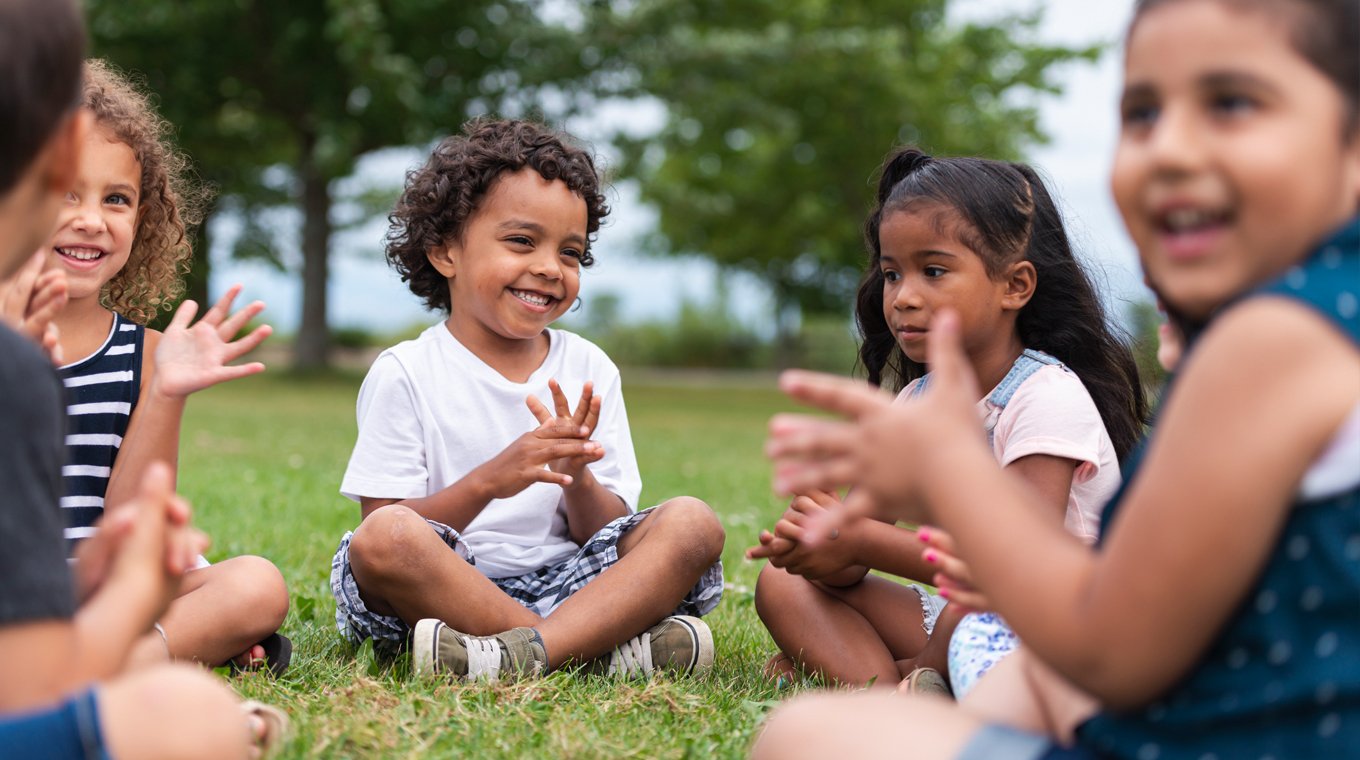
Which shirt goes best with these jeans? Who should I invite to my birthday party? Should I play with that kid that no one likes? Every day, children make decisions; some of them are inconsequential and others have a big impact. When children are young, their choices are more about personal preferences, but as they get older, their decisions can affect their safety and their lifestyle. When parents and educators give young children the tools for making decisions, they are better prepared for making major life choices as they mature. Fun activities transform a potentially stressful process into an enjoyable pastime.
Role-playing
Young children often fantasize that they are superheroes, cooks, teachers, or parents. Older children enjoy dramatic play such as staging puppet shows or performing in skits. Meranda Broder, a public high school teacher currently working with the Mount Diablo Unified School District's Home and Hospital program, draws upon children's dramatic interests to allow them to practice decision-making. She says, "Role-playing is an interesting, engaging, and fun way of giving kids an opportunity to put themselves in different people's shoes. Not just empathizing, but actually thinking about what it would be like to make a decision as another person under a whole different set of circumstances." She adds that the activity broadens children's minds, encouraging them to consider people's varied motivations and the choices they make.
Book Talks
A love of storytelling, books, and reading prompts many children to identify with characters and situations. Broder capitalizes on this trait. "I often ask questions that encourage critical thinking about books we are reading," she shares. "Do they relate to the characters? Do they understand why characters do what they do; what got them there?" For younger children, recounting the story and asking how they might do something differently than the character promotes deeper thinking about choices. You can also lead a discussion exploring the various consequences of these decisions so children can relate the situations they read about to their lives.
Debate
"With older kids, debate and discussion seem to be the predominant way in which we practice critical thinking," observes Broder. "Allowing the students to feel that they can disagree with one another and with me is imperative." At home, parents can read a simple magazine or newspaper article with their children and ask them their opinions about what they read. For a simpler activity, look at an image of a painting together and discuss what you like and dislike about the artwork. Deepen children's thinking by asking them to explain why and how they like or dislike something. Using concrete evidence to support opinions lays the groundwork for thoughtful decision-making.
Board Games
Simple board games and card games entertain children while providing a structured way for them to make choices and see the consequences of their choices. Scholastic.com recommends games with rules and multiple steps for children in the primary grades. Keep the activity interesting by choosing a game based on a favorite theme, such as dragons, cats, or colors. Set up the game and read the instructions together. You can also promote critical-thinking and decision-making skills by allowing your children to negotiate rules with one another as they decide how they will play the game.
Outdoor Games
Playground and schoolyard games that encourage children to strategize have them making rapid-fire decisions while engaging socially. Scholastic.com highlights games that groups can play together, such as hide-and-seek and tag. With repeated play, children develop tactics that improve their chances at winning the game. They also make decisions about game rules and the consequences for breaking the rules. For older children, organized sports provide a setting for making predictions, making split-second decisions, and working out more complex problems amid a group of friends or a team.
Learning While Playing
Broder has seen the positive outcomes of children learning decision-making skills through entertaining activities. "They help equip kids (and, later adults) with the ability to reason out a decision, given their own values, knowledge, and judgement, which is very empowering and healthy. Helping kids know the difference between an emotionally based response and an intellectually based, reasoned response could actually help them make life-altering decisions."
She links children's problem-solving activities of today with the pivotal decisions they will eventually need to make as teenagers and adults. "When kids are empowered with actual knowledge and data pertaining to risky behaviors … it helps them filter through much of the media influences they are exposed to and the peer pressures they encounter on a daily basis and gives them a sense of control in a world that feels very out of control."
Broder recommends meeting children at their level and engaging them in high-interest games that motivate and educate them to help kids learn these vital skills.



